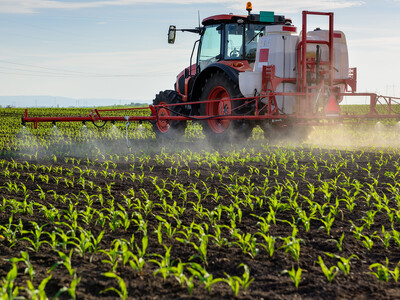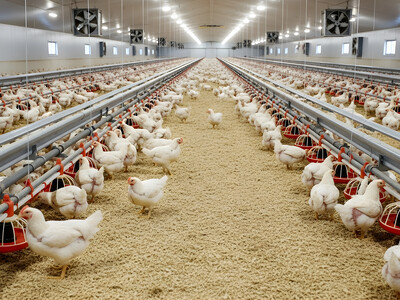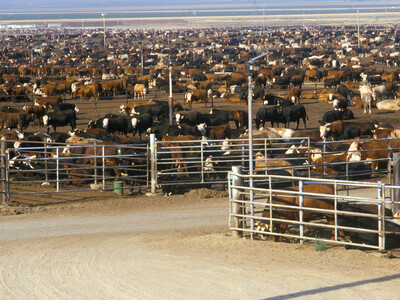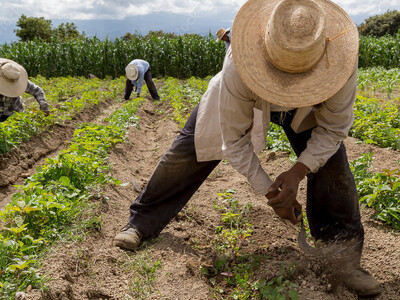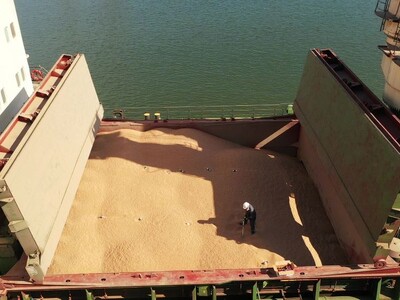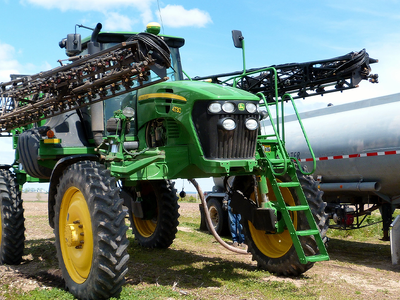Abandoning Vegetable Crops for Traditional Crops

Lorrie Boyer
Reporter
“You know, this is probably the biggest open space around that we have left. We're right on the edge of it, you'll see houses coming in on it. And the growth that's going on in this northern just north of Denver is really amazing. You know, I always joke with people that growing vegetables, I always felt fortunate that potentially I have 3 million customers just right here in this front range area. But that also meant that I have 3 million people trying to tell me how to farm 3 million people that are competing with me for the resources in this area as well. And one of those resources is houses that it really takes a big seasonal lot of seasonal employees to do vegetables and so for two months, I was having to hire 300 people, and to find housing for 300 people for two months was just a hurdle that I couldn't overcome.”
Sakata now farms winter wheat corn for grain and silage, pinto beans and Triticale.



